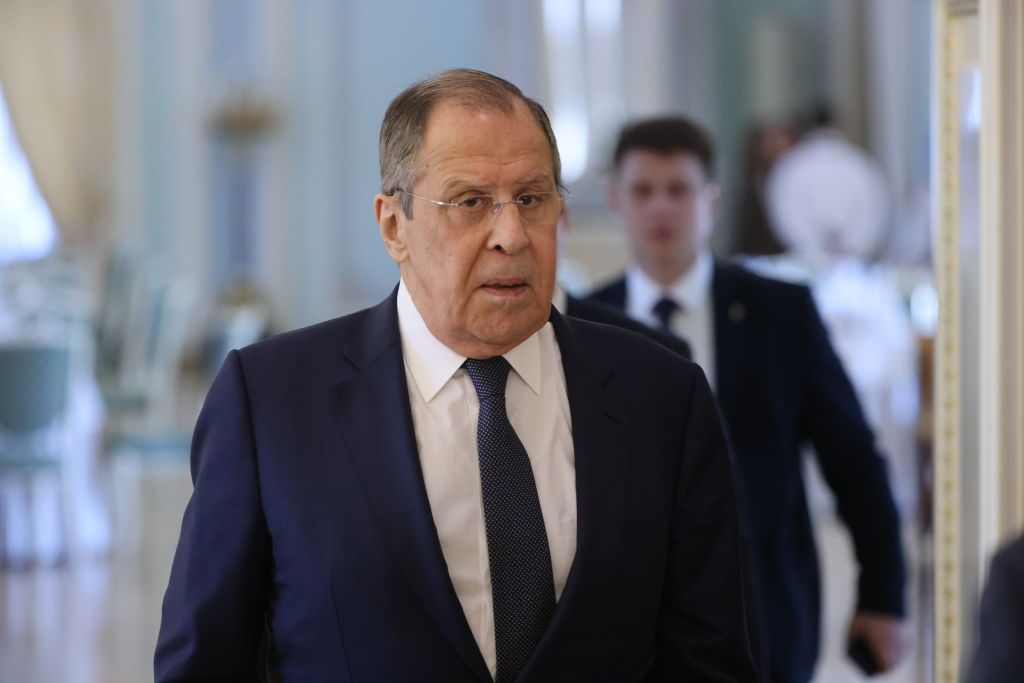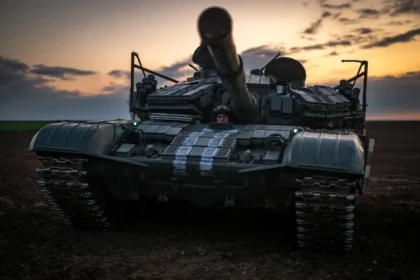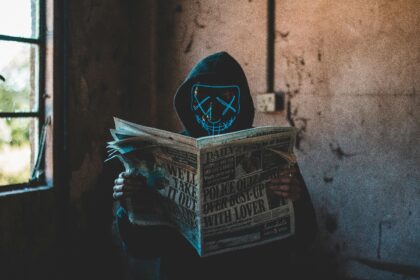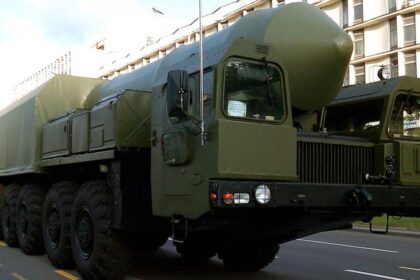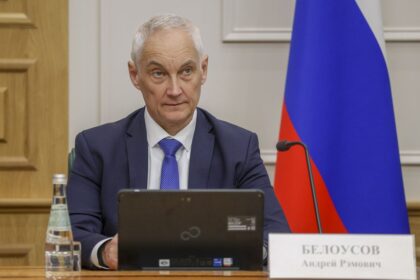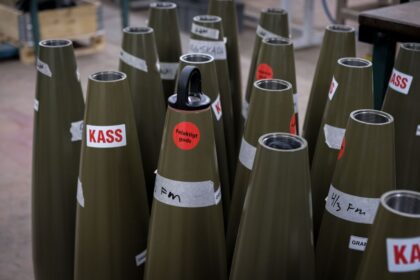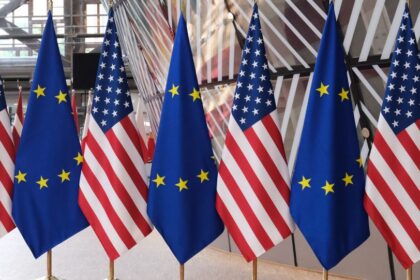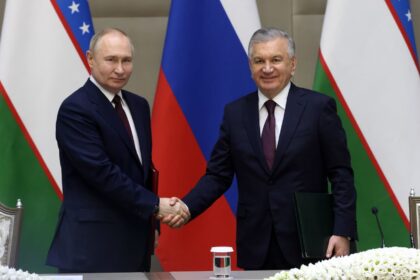**Peace Talks in Ukraine: Progress Made, but Deal Still Elusive**
Russian Foreign Minister Sergey Lavrov has stated that peace talks between Russia and Ukraine are “moving in the right direction,” but emphasized that specific points of a potential deal need to be defined. This assessment comes as U.S. President Donald Trump weighs de jure recognizing Russia’s occupation of Crimea and barring Ukraine from joining NATO.
Lavrov noted that while progress has been made, there are still outstanding issues to be resolved. “We are ready to reach a deal, but there are some specific points, elements of this deal, which need to be defined,” he said in an interview with CBS News. This sentiment was echoed by Trump, who expressed hope that Russia and Ukraine could agree on a peace deal.
**De jure Recognition of Crimea: A Key Point**
One of the sticking points in the negotiations is Russia’s occupation of Crimea. The U.S. is reportedly considering de jure recognizing Russian control over the peninsula, which would legitimize Moscow’s annexation of the territory. This move has been met with opposition from Ukraine and its Western allies.
In contrast, the Ukrainian government has consistently maintained that Crimea is an integral part of their country and will continue to lobby for international recognition of this status.
**The Way Forward: A Compromise**
As negotiations between Russia and Ukraine continue, it appears that a compromise may be necessary. European Commission President Von der Leyen emphasized that any peace agreement must take into account the concerns of all parties involved. “De facto this peace should come down to the fact that neither side will be able to say it won this war,” he said.
This sentiment was echoed by other officials, who noted that a lasting peace deal would require concessions from both Russia and Ukraine. As U.S. Vice President JD Vance pointed out, a potential agreement could see Ukraine prohibited from joining NATO but allowed to pursue EU membership.
**The Role of the West: A Statement of Intent**
The international community has been closely watching developments in Ukraine, with many countries weighing in on the conflict. The UK and France have announced plans to send military trainers to western Ukraine, rather than placing troops near the front lines.
Meanwhile, NATO Secretary General Mark Rutte is set to meet with U.S. Defense Secretary Pete Hegseth, Secretary of State Marco Rubio, and National Security Advisor Mike Waltz. This meeting underscores the importance placed on resolving the conflict by Western powers.
**The Human Cost: Sacrifices Made**
As the conflict drags on, the human cost becomes increasingly apparent. Ukrainian officials have confirmed that a woman was killed in a Russian strike on Kyiv earlier this month. The incident highlights the brutal nature of the war and the sacrifices made by civilians caught in its crossfire.
In response to the attack, U.S. President Donald Trump expressed outrage, calling for Russia’s leader Vladimir Putin to stop the strikes. This intervention underscores the international community’s growing concern about the conflict.
**Conclusion**
While progress has been made in peace talks between Russia and Ukraine, a deal remains elusive. The complexities of the conflict highlight the need for compromise and concessions from all parties involved. As the world watches developments, one thing is clear: any lasting resolution will require sacrifices and concessions from both Russia and Ukraine.




